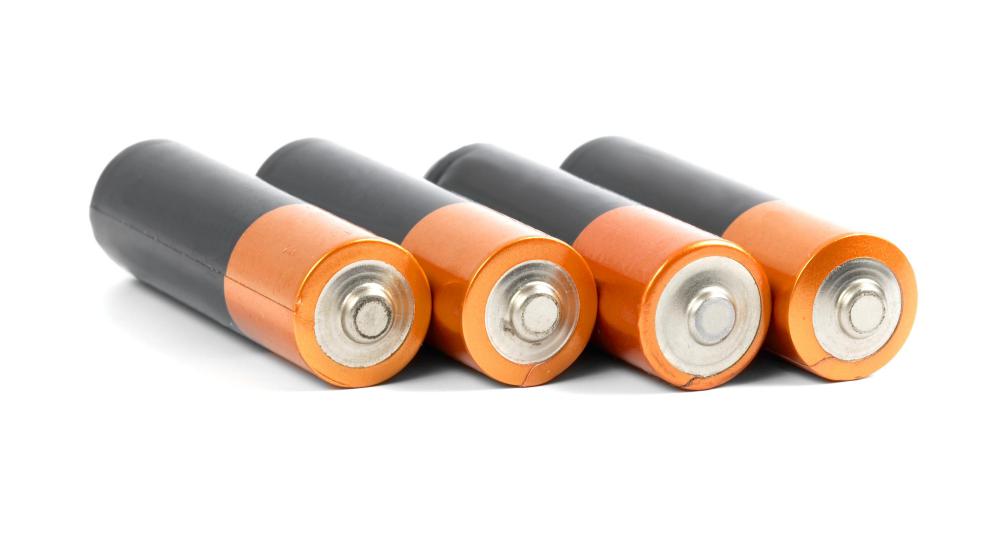At WiseGEEK, we're committed to delivering accurate, trustworthy information. Our expert-authored content is rigorously fact-checked and sourced from credible authorities. Discover how we uphold the highest standards in providing you with reliable knowledge.
What Should I Know About After an Earthquake?
Many people who have not experienced an earthquake are under the impression that the dangerous part is the earthquake itself. In fact, the time after an earthquake is much more dangerous, and knowing what to do in the wake of an earthquake is an important part of earthquake preparedness. Earthquakes can cause a wide variety of damages, and sometimes the damage is extremely dangerous, but not very obvious, as for example in the case of damaged electrical wiring which causes fires in the walls of a structure.
After an earthquake is over, the first thing that people should do is to assess their surroundings for safety, and to check on people in the vicinity. If people are indoors, it is a good idea to evacuate, because earthquakes can cause structural instability, which will cause a building to collapse. If survivors smell gas or see spilled chemicals, they should vacate the area immediately. Likewise if flames or electrical sparks are spotted.

Victims should be quickly checked for injuries, with a focus on the ABCs: airway, breathing, and circulation. If someone has severe injuries or a suspected head or spine injury, he or she should not be moved. It is also not advisable to attempt to clear wreckage from trapped victims, unless they are in immediate danger of death, because unstable piles of wreckage can hurt people even more when they are moved by people who are not experienced. If people are left in a building due to injuries or they are trapped, the building should be clearly marked to indicate that there are people inside.

If a suspected utility break such as a gas, electric, water, or sewer line is identified, it should be reported to emergency services and the utility. Emergency services are usually out in force after an earthquake, and they can also be called on emergency hotlines. Keeping a list of emergency numbers handy is a good idea to be prepared for situations like after an earthquake. Phones should only be used for emergency use, to avoid clogging the phone system, and survivors should listen to battery operated radios for information.

Overpasses and bridges should be avoided until they have been cleared by emergency services after an earthquake. People who live near the ocean should be alert to tsunami warnings, and people who live with others may want to establish an emergency meeting point so that if they become separated during an event like an earthquake, they know where to go to find each other. It is also important to be on the watch for aftershocks, as some aftershocks can be as severe or more severe than the initial earthquake, causing additional damage.

Once structures have been cleared for entry after an earthquake, people should be careful when opening drawers, cupboards, and closets, as objects may have shifted during the earthquake. Waiting until all utilities have been cleared is also strongly encouraged, and people should stay away from downed power lines, signs of chemical spills, and sites which are marked as dangerous by emergency services.

To be prepared for the events after an earthquake, people should assemble an earthquake safety kit, which can also double as a general emergency or disaster kit. Supplies of food, clean water, medication, batteries, radios, flashlights, medical supplies, clothing, and blankets should be stored in the kit, along with food and water for pets. Many people also like to keep copies of important documents like birth certificates, deeds to homes and cars, and passports in the kit, so that it will be readily accessible as needed, and keeping cash on hand is also a good idea. As a general rule, there should be enough supplies in an emergency kit to get by for 72 hours without assistance.
AS FEATURED ON:
AS FEATURED ON:




















Discussion Comments
This is wonderful information. We need to teach these points in schools and relay it to individual households.
If we were more informed about what to do after an emergency situation like this, we could prevent a lot of the accidents and fires that endanger people's lives. I can imagine that it can take a long time for authorities to reach certain places and getting people out of damaged and destroyed houses is not easy. We should all know first aid and CPR so that we can provide some initial help.
I think the article covered pretty much everything. Two other things I would add would be to wear gloves and long clothing to protect yourself from broken glass if you are wondering around damaged houses. I did that after an earthquake in the summer and the result wasn't pretty. You can seriously hurt yourself.
Along with an emergency kit, I also keep a tent and blanket in case of an earthquake. Since you can't stay in damaged housing after an earthquake, you can set up a tent outside until assistance arrives. It's also a good idea to listen to the radio for emergency news, expected aftershocks and assistance information.
I live in an earthquake zone and earthquakes happen fairly often. There was a major earthquake in 1998 and lots of homes were damaged and people died as a result.
I was fairly young but my family still talks about that earthquake. In that earthquake, there was damage to electrical wiring, gas pipes, sewage and water lines. So my dad turned off the gas in our house and we didn't use any water from the faucets in case there was a sewage leak.
We had professionals turn the gas back on in case of explosions and used bottled water until the water lines were fixed.
Post your comments